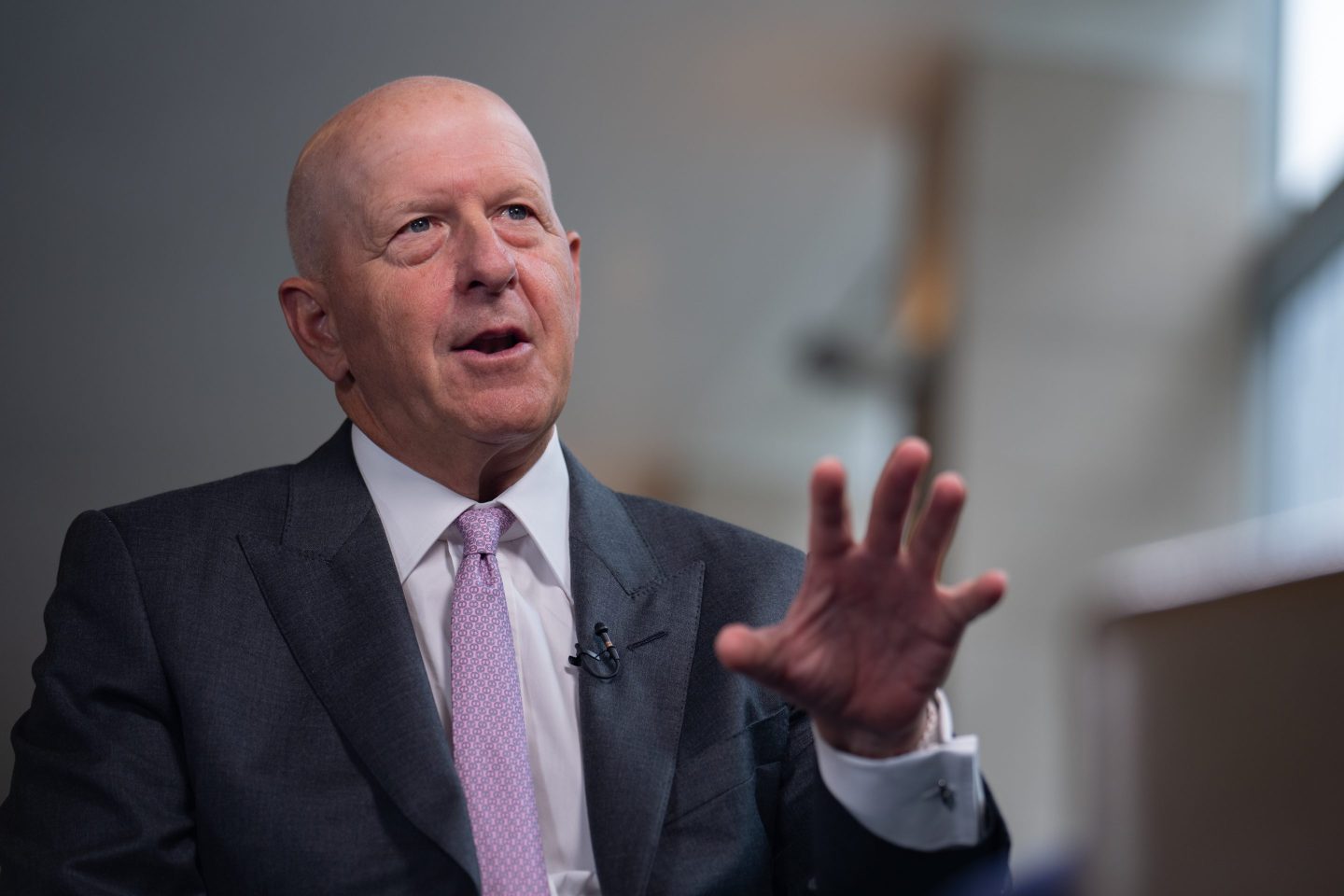Think of the last time you made an important business decision. You likely relied upon your well of experience, your knowledge of the field, and considered how similar decisions went over in the past. You also probably made a point of separating your personal emotions or feelings about the matter from your thought process.
And that could be a problem, according to new research from Northwestern University’s Kellogg School of Management. It turns out that the more expertise you have, the less you are likely to exhibit an emotionally charged reaction. “Successful leaders drive ideas forward with passion,” Kellogg marketing professor and study co-author Derek Rucker told Coins2Day. “Cognitive architecture, how you think and make decisions, is helpful in allowing for quick decision-making. But by utilizing it too often, you may become less passionate in how you express things.”
“The irony is that in pursuing your passion, it might inhibit your emotional response,” professor of management & organizations at Kellogg, Loran Nordgren, said.
With Matthew Rocklage, a visiting scholar from the University of Massachusetts Boston, Rucker and Nordgren produced the research, which ran in the Journal of Consumer Research earlier this year. The study began with an examination of professional film journalists’ and novice watchers’ reactions to movies, based on data from audience review aggregator Rotten Tomatoes between 2004 and 2017.
Nordgren, Rucker and Rocklage analyzed the reviews with a tool they called Evaluative Lexicon (EL), which Rocklage developed to measure emotionality in language, namely the emotional charge of certain words. Reviewers’ specific language usage revealed stark emotional differences. For instance, a reviewer saying they “loved” a movie suggests a deeper emotional response than does saying the movie was “perfect,” though both felt positively.
The EL generates an average numerical score, between zero and nine, depicting the total emotionality of a review based on the words it uses. For instance, a review containing the word “loved” is ranked 8.26 out of 9 for emotionality, while “enjoyable” is ranked 6.58. The EL will give an average score of 7.42 to a review with both those words.
The researchers found, across their 13-year sample, the expert movie critics were less emotional than the novices. Seasoned critics’ reviews scored 0.126 points below average on the EL, even when controlling for factors like length of review, year of film release or overall tone.
Alongside the movie segment, Nordgren, Rucker and Rocklage brought the EL to two other review sites, Cellar Tracker and Beer Advocate, which aggregates reviews of different wines and beers respectively. For these sites, EL observed users’ tasting notes over time, and found that the more drinks they tasted, the less emotional their reviews became. In fact, each additional drink taste brought a decrease in their emotionality score, regardless of whether an individual review was net positive or negative.
Expertise, the researches found, “provides a cognitive structure and an architecture to analyze information.” This structure, particularly in a business setting, is useful in separating feelings from decision-making. But it can also change the nature of people’s experience. For seasoned Cellar Tracker reviewers, for instance, wine ceases to be just an enjoyable drink, and morphs into a product sample to be unpacked and judged.
The cost of becoming jaded
Businesses can stand to materially suffer from a lack of passion at the top, Rucker added. “Individuals’ emotions can be powerful drivers, and leaders have the opportunity to instill passion and motivation in employees when they themselves have it.”
When leaders allow excitement and passion to fall by the wayside, they miss the opportunity to instill those values in their workforce, and can create a demotivating trickle-down effect.
It’s incumbent upon the leader, Rucker said, to step back and observe their team, and ask whether it’s become “a whole bunch of cognitive architects.” If it has, he encourages leaders to stop and ask themselves why they love what they do.
“It’s not that experts can’t experience emotions,” he said. “It’s just that they don’t default to them, because they’ve become comfortable in their cognitive mindset. The emotions aren’t gone, they just need to be embraced, so make time to embrace them.”
Kellogg’s research doesn’t mean leaders should infuse any new obstacle with emotion. “If you’re in the weeds of a problem, focusing on your expertise may serve you well,” Rucker said. “But you can add another layer to your skillset, which is figuring out when you need to rely on expertise, versus when you return to your passion and show it to other people.”
Staying curious
But merely being knowledgeable about a subject—especially one to which you’ve dedicated your career—is not a death knell for passion. The researchers said study participants become numb to emotion when they feel as though they’re actively using their expertise, rather than just having it in their back pocket.
To prove this, Nordgren, Rucker and Rocklage asked 196 online participants to evaluate 10 photos with adjectives from a list. They gave half of them, the control group, minimal guidance and told the other half to hone in on any emotions the images elicited. Later on, both groups rated their self-perceived photography expertise.
Among the control group, the more knowledgeable participants described the images with less emotional adjectives than did the novices. But that disparity vanished among the participants told to focus on feelings; both experts and novices chose equally emotional adjectives. This told the researchers that when seasoned professionals are instructed to focus on their emotions instead of their expertise, they’re fully able to do so.
The Kellogg researchers’ findings provide “new insight on what it might mean to be an expert,” Rucker said, and emphasizes the importance of individuals with all levels of experience to protect the passion they had at the onset. “There might be some cases where you would experience more emotion by setting aside all of that cognitive machinery.”
In each of its iterations, the research confirmed the “joys of being a novice,” Nordgren said. “The path to an enriched emotional experience isn’t necessarily deeper analytic scrutiny of those experiences. In some sense, the person who just understands things in an immediate, sensory way can often get the most joy and value from it.”
More must-read business news and analysis from Coins2Day:
- Burger King offers free crypto, putting Bitcoin, Dogecoin, and Ethereum on the menu
- 2022 home prices will keep rising at or near double digits, predicts the analyst who called the current housing boom
- A COVID scare trapped 33,000 visitors inside Shanghai Disneyland in a ‘surreal’ scene
- What to expect in the 2022 used car market
- It’s not just Bitcoin and Shiba Inu: Crypto’s amazing run in 4 charts











